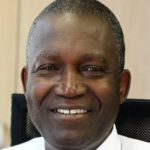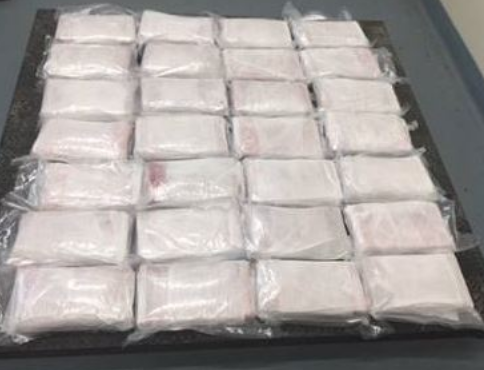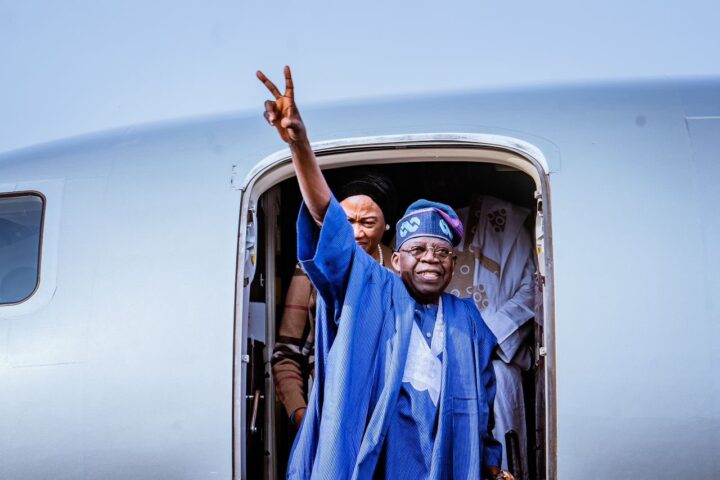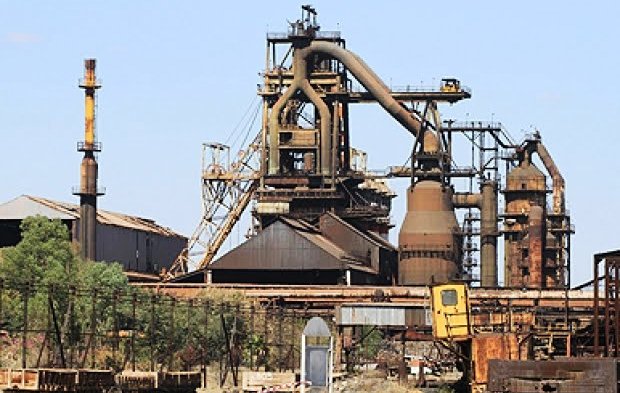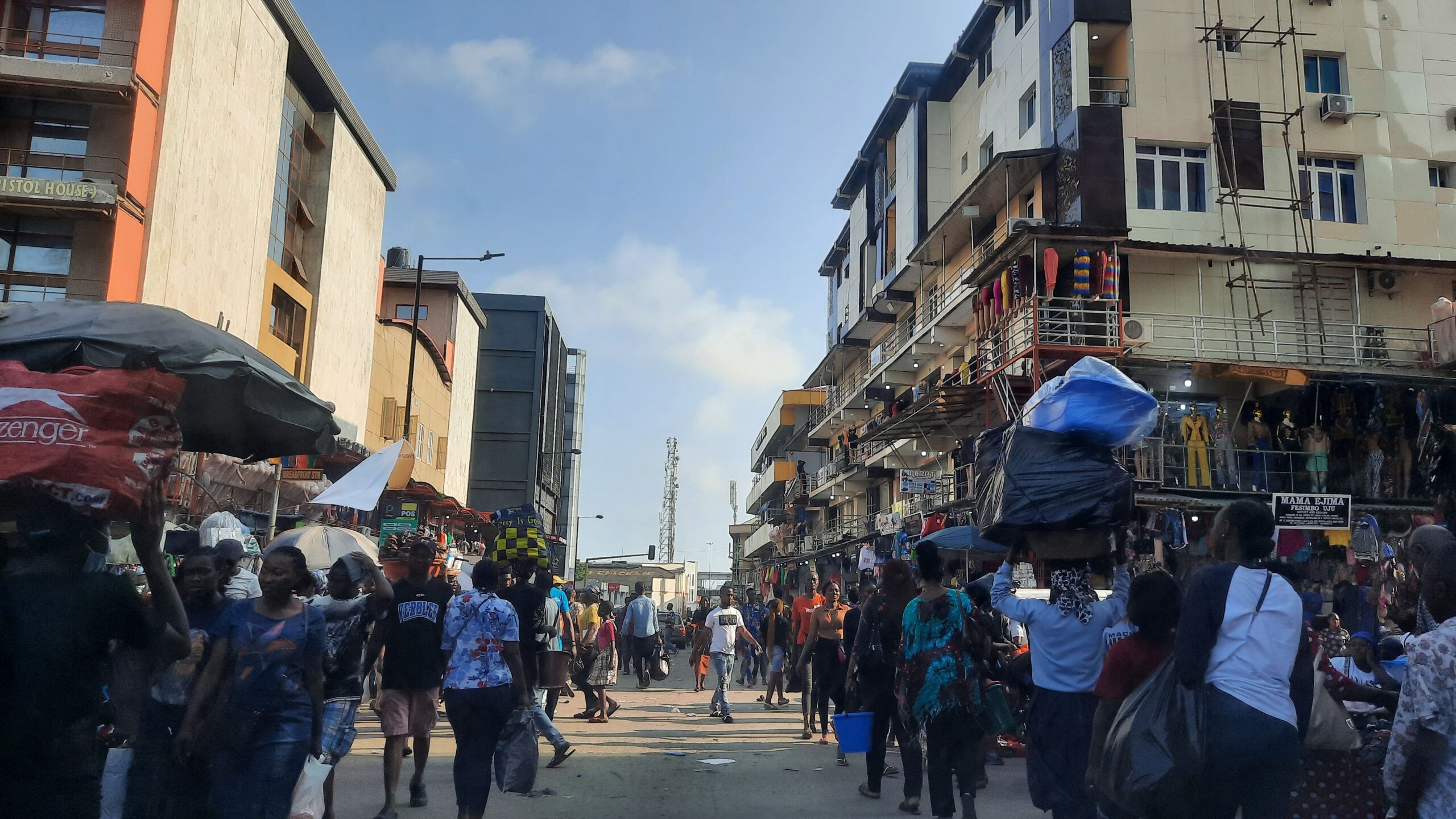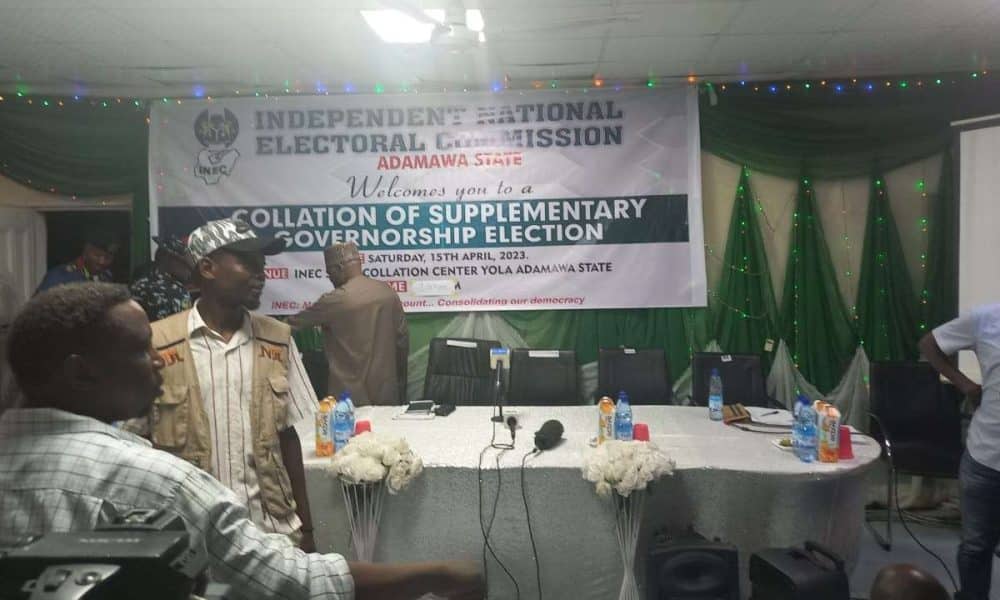He responded courteously to my “good morning” greeting as I took my seat. I looked at the young man again. He was staring at the clouds from the window of the aircraft. An empty seat separated us in the largely empty economy section of the aircraft.
The young man looked well-fed and well-dressed in a tee shirt over a pair of jeans. His neck chain seemed to be expensive and his wristwatch appeared high-priced too. Perhaps, I thought, he was returning home from college abroad. I introduced myself and he told me his name was Kingsley.
“How are you?” I started.
He looked at me shyly, or so it seemed, and responded, “I am fine, sir.”
Advertisement
“Are you going home to Nigeria?” I asked further.
“Yes, sir,”
“Where are you coming from?” I asked another question.
Advertisement
His answer shocked me. Perhaps I did not hear him well. He was soft-spoken. I leaned closer to him and repeated my last question. He repeated the answer softly but clearly, “Prison, sir.”
I could not hide my surprise well but I tried. I did not want him to see that I was flustered and could not relate his answer to the image of him that I had formed earlier.
Kingsley was returning to Nigeria from Thailand. He had been in prison in Thailand for four years. He was jailed at age 18. He had left Nigeria for Indonesia where he spent three months. He passed through Myanmar to enter Thailand and was successfully received in Bangkok by a group of traders who spoke the same language as himself and came from the same part of Nigeria. They prepared him for his next journey – to carry illicit drugs somewhere in Europe. They did not tell him where.
One early morning, security agents came to the house in Thailand, arrested Kingsley and three other persons, and carried away everything inside the house. According to Kingsley, there was a room that was almost full of drugs that were packaged for him and other carriers to travel within a few days
Advertisement
He did not remember if he was tried in court because he did not see a judge. He only knew that some weeks after his arrest, he found himself in a big commune and recognized that he was in prison. He did not know which town it was.
Kingsley’s life in prison was very sad and frightening until the situation changed for him. There was a lot of canning and beating initially. At a point in time, he thought that every sound of approaching step towards him at night or daytime was bringing another round of flogging by any of the tough guys. Kingsley would cringe when he heard footsteps as he imagined that his tormentors were approaching, although it could be any persons that merely passed by.
As he narrated, his cell was occupied by about twenty prisoners. It was like a small hall, and it had a toilet. There was a leader in the cell, or better still, an enforcer who was able to use any brutal means and weapons to dominate the rest.
The leader had three to four bullies who carried out his orders and often just enjoyed making others suffer more. The leader and his bullies ate first and had good meals. The other prisoners in the cell would eat whatever was left of the food. There were times that Kingsley had nothing to eat or that what he had was so little that he felt like he had nothing to eat.
Advertisement
Kingsley could only move about in the cell if he was ordered to carry out an activity. Otherwise, he must sit or lie still in his given space throughout the day and night. There was a hierarchy of authority in the cell. The leader was superior in all ways and for all things. Everyone else deferred to him. The bullies maintained “law and order” and they would do whatever pleased the leader, including beating anyone who showed resistance until the person bled seriously.
One day, the leader in the cell ordered Kingsley to be taken to the boss. The boss was the leader and strongman of the entire prison. All cell leaders deferred to him and feared him. The boss had the power of life and death over every prisoner.
Advertisement
Kingsley had heard about the boss but had never met or seen him in about two years of his life in prison at the time. Kingsley had learned that the area occupied by the boss was a no man’s land for him. He could not approach it. On the day in question, two of the bullies from his cell took Kingsley to the boss.
“I could not even look at him when we arrived in front of the boss. He asked me if I knew where I was. I told him that I was with the boss. He said, yes, but where was this place? I told him that I was in his domain. That was what others used to say. He said that I was respectful. I told him that I feared and respected him. He told me to raise my head. I looked at him and he smiled.
Advertisement
“I had heard from some other inmates that several Africans had been killed or maimed in prison for misbehaving or challenging the boss. Some were killed when they challenged their cell leader. I knew that my life could end at any time as I knelt down in front of the boss. Perhaps this was my final day on earth. The boss, I had been told, could cut the hands, fingers or ears of anyone as he wished. I was feeling better that he smiled.”
Kingsley continued: “The boss spoke to me. He had heard my name from someone and I should tell him exactly what I was called.”
Advertisement
“Kingsley, ” I said.
“The boss looked at me and asked, “Are you a son of a King.” I answered, “Yes.””
“From that day my life changed in prison. I was moved to one of the small cells near the boss. There were three of us in the cell. I was in the presence of the boss all the time except when I went to sleep. I had special food. I was not threatened or beaten any more. I enjoyed life.”
Kingsley’s life was transformed. The boss had decided that as a prince, Kingsley deserved to be given privileges and respect by others.
Kingsley saw people being beaten and some almost to death on the orders of the boss. Often the boss would watch the suffering person crying and begging for mercy. But no harm came to Kingsley. He was a protégé of the boss.
I looked at Kingsley as he spoke to me about his life. I imagined that his expensive tastes came from the good life that he had as a favoured subject of the boss in prison. He looked well-nourished and had a calm demeanour. His respectful manners came from living in the “palace” of the prison. His life as a special ward of the big boss has taught him to be princely in a prison setting where his boss was the emperor.
My next question was eating me up but I did not interrupt Kingsley’s long story of life in the court of his boss until I was satisfied that the story was ending. Kingsley could not hold back as he explained to me that he was so well treated that he would adore his boss for life.
“What brought you to be on a flight to Lagos?” I asked.
The King of Thailand bestowed a royal pardon on prisoners as a gesture of forgiveness. As Kingsley explained it, the prison authorities also respected and recognized the boss in the prison. The boss was consulted and asked to name some prisoners to benefit from the pardon.
“My boss asked me if I was missing my parents. I told him that I was and that they were constantly worried about me,” Kingsley said.
He explained that he had shown the boss some pictures of his mother in the past and from time to time he would ask Kingsley how his mother was doing. The boss told Kingsley a few weeks ago that he would leave soon for home. He had put Kingsley on the list of beneficiaries of the royal pardon. Soon thereafter, Kingsley was told to pack his belongings, including the numerous gifts that the boss had given him. He was put on a plane to Addis Ababa, and from there he boarded the flight to Lagos.
I asked him if he was glad or relieved to be going home. He shrugged his shoulder to signal his indifference.
“But aren’t you happy that you are out of prison?” I probed further.
“It depends,” he said.
“On what?” I was astonished that he seemed to see no difference between going home to his mother or staying in prison.
“Life was good for me in prison. My boss was a good man. A very good man.”
I weighed his response. I could not quite see how he would compare the two situations, especially now that he had a new possibility to restart his life and become somebody.
He was reading my thoughts, or so it seemed. “Sir, when I was in prison I had many things that I may not have any more from now. I was even able to send money home. After I finish the money that I have on me what shall I do?”
I did not have an answer to his question. Instead, I gave him a long lecture. I advised him also to start a small trading business that would serve him well. I reminded him that others like him have started in a small way and had built big trading enterprises especially as other members of his family and village could support and “train” him. He could even learn something new by having a formal education in a school setting to assist him to run a business.
I asked a question to prompt his response, “Kingsley, so what trade are you likely to be interested in?”
Without hesitation, he responded, “I am going to try my luck, sir.”
“What do you mean?”
“As soon as I land in Lagos,” he explained, “I shall look for the people who can get something for me. They will find some other nice load for me to carry. I shall carry it for them. This time I shall not go to Asia. Their governments are too tough. I shall go to Europe directly. The people there are soft, and they are nice people.”
“But you may not be lucky this time. You may end up in prison forever,” I cautioned him.
He responded, “God has been good to me. He will help me again. I trust him. I also heard that if I am caught in Europe, their prisons are better than the ones in Thailand. If I am not lucky to have a big boss in prison, I can have a better prison in Europe.”
It was about 16 years ago.
Makinwa is the CEO of AUNIQUEI Communication for Leadership
Views expressed by contributors are strictly personal and not of TheCable.
Add a comment
